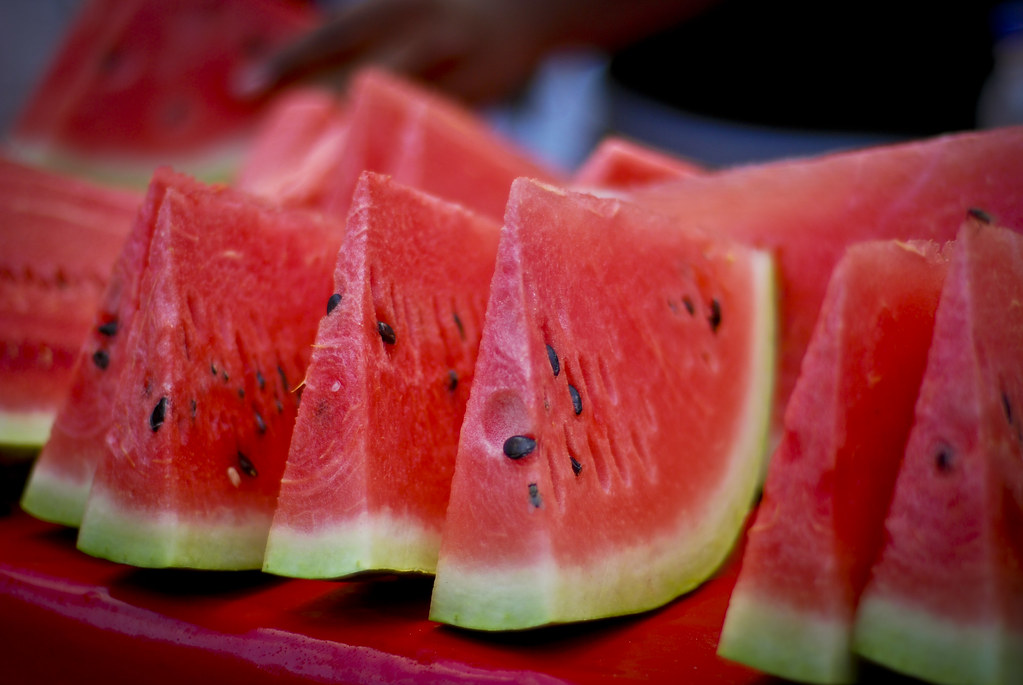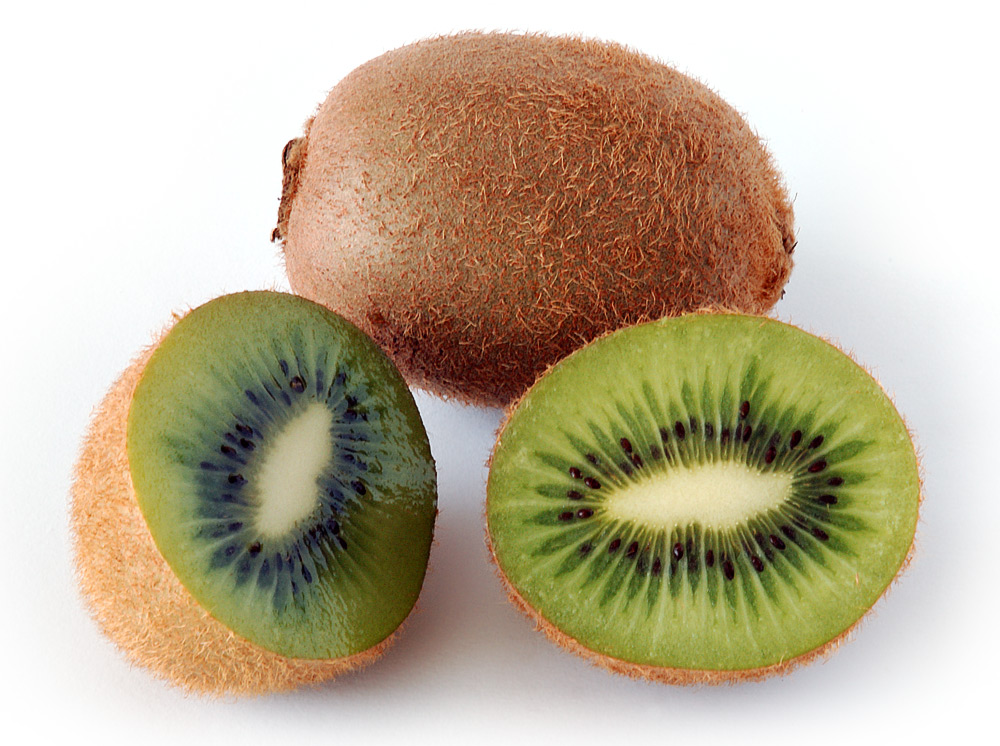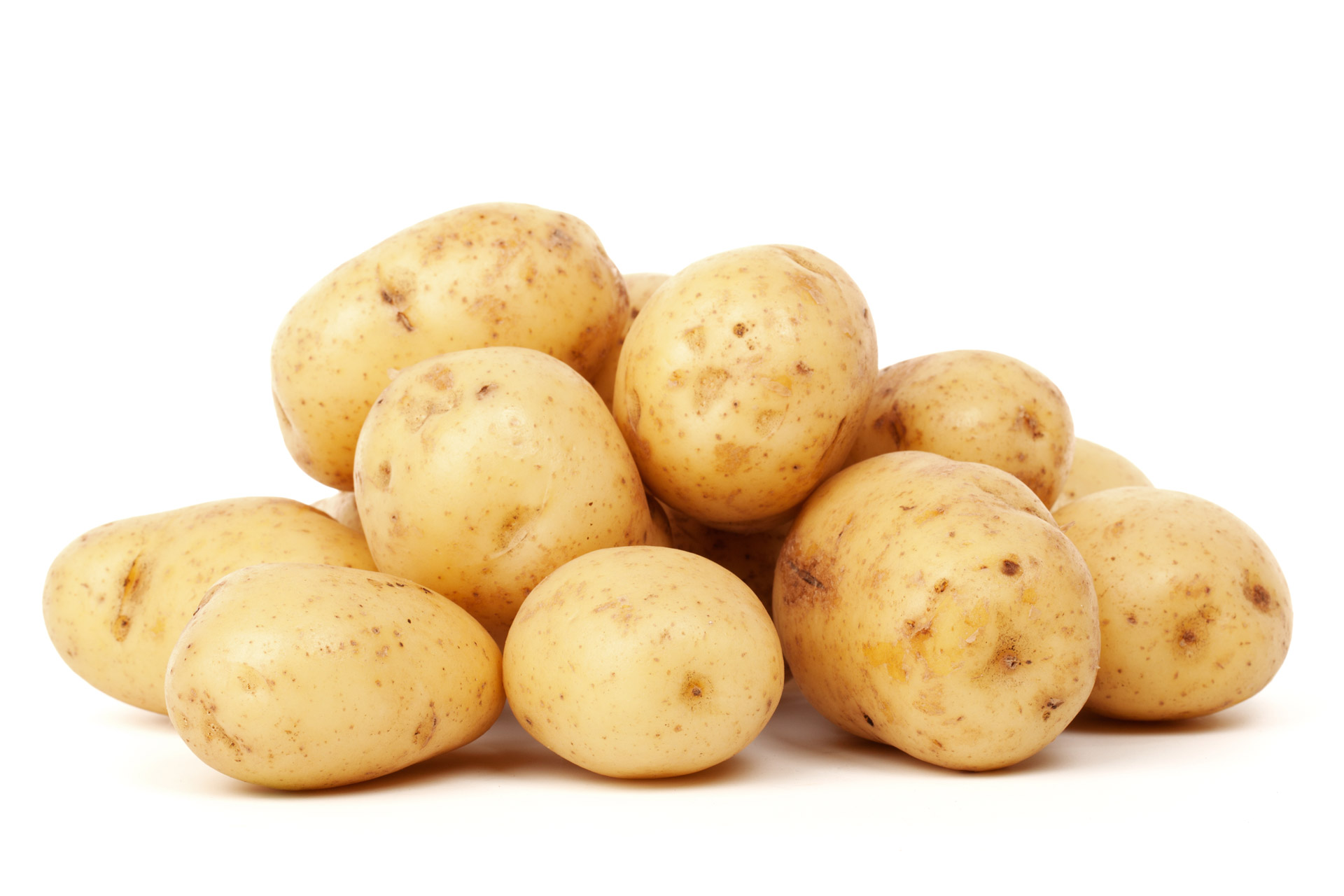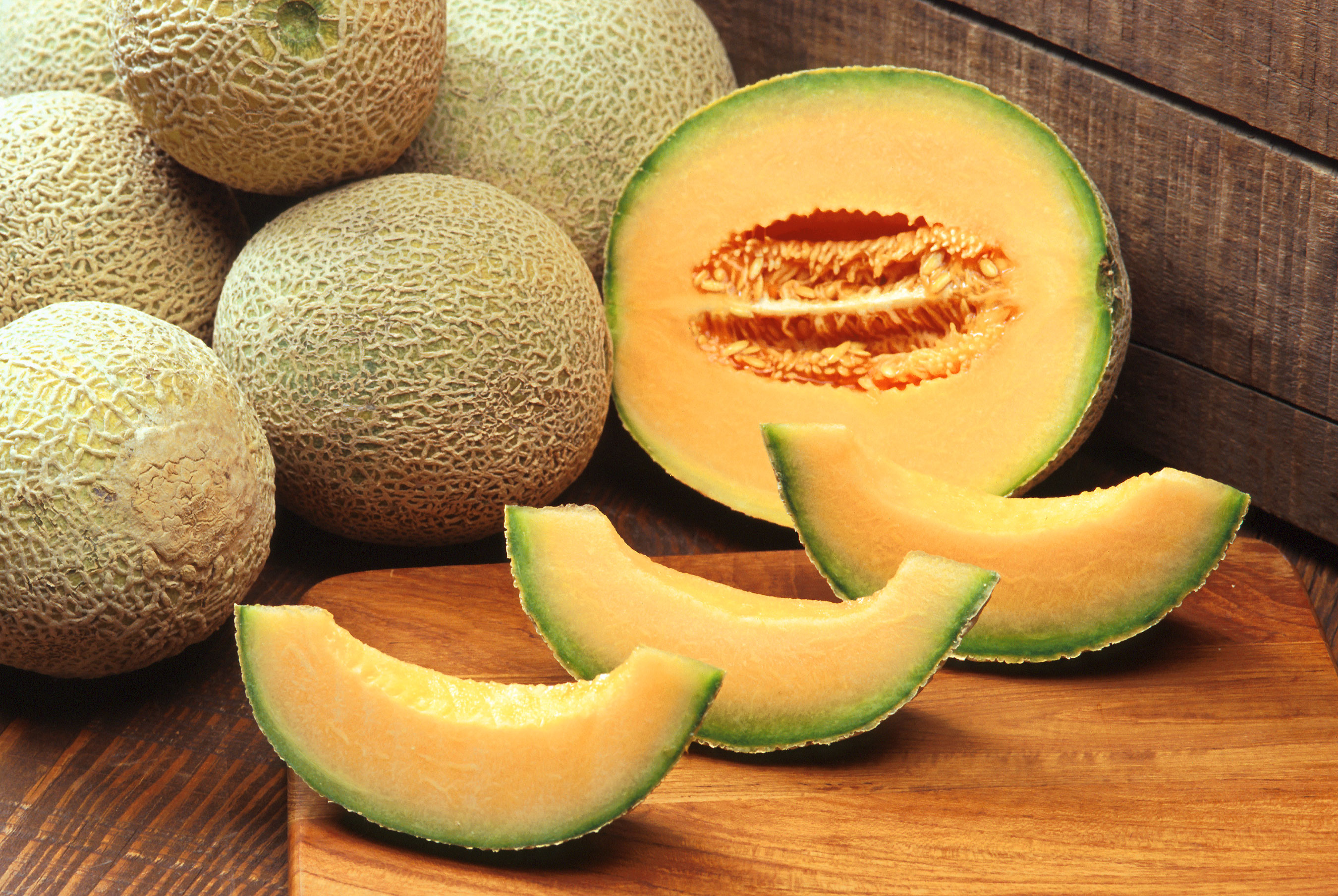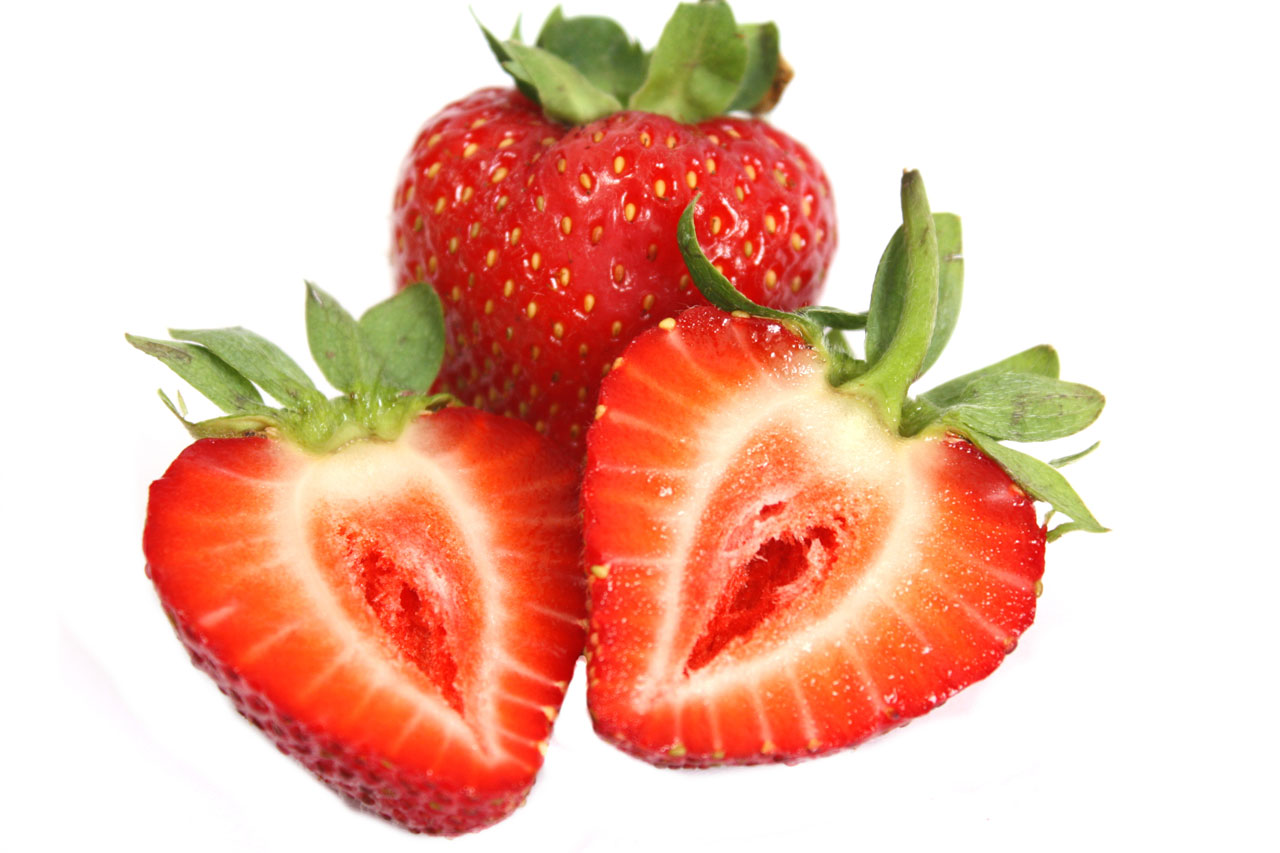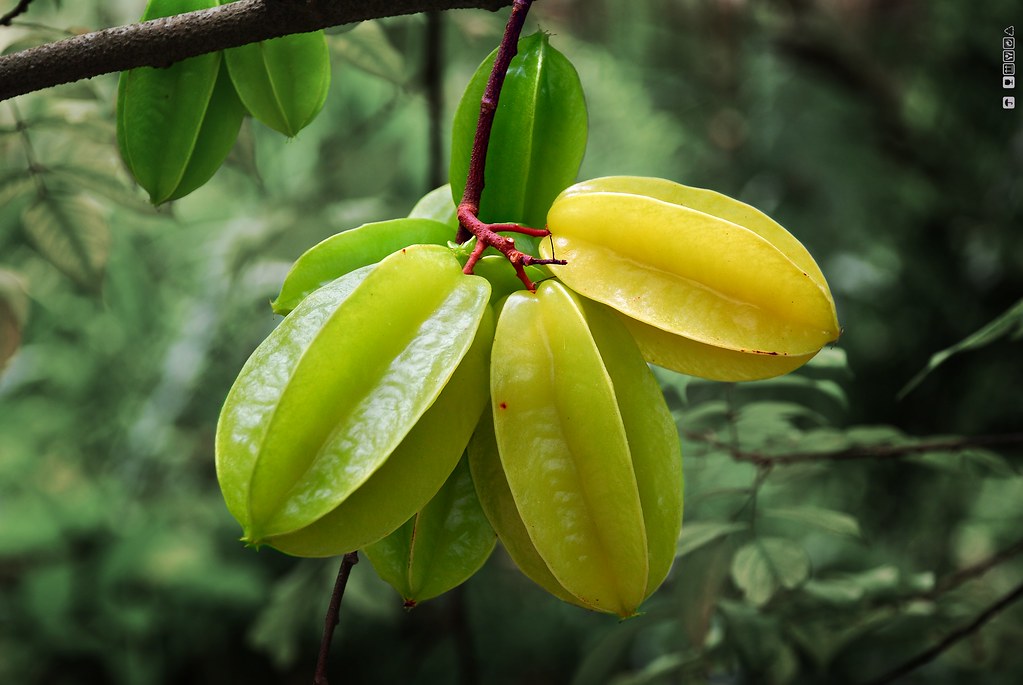Our body made up 60% of water. When summer comes our body needs more water for Evaporation. Science tells that adult needs three to four-litre water daily for properly work of our body. Just think if we live in a hot weather area then? What a wonder of our earth creation when session change most of the vegetable and fruits change. Modern medicine, hormone and clone solve some fruits and vegetable available all the session. Just watch in your area you see that when summer comes most of the vegetables contain more water. Here are the list of top vegetables must eat in this summer session.
1. Cucumber
The secret to being great as a cucumber? The impressive water content of the vegetable. Cucumbers contain about 95 % water, says Ilyse Schapiro, RD and co-author. Plus, they're packed with potassium, which can help prevent stroke. In addition to that, they contain an anti-inflammatory substance, fisetin, which promotes brain health. Schapiro's Suggestion: Snack on cucumbers alone, toss them in a salad, or just combine them with tomatoes, oil, and balsamic vinegar for a healthy snack.
2. Watermelon
There's a reason watermelon is a picnic staple - it's packed with water to keep you hydrated on a hot day. Rightly called, watermelon is about 92 % water. Plus, it's packed with nutrients like vitamins A, B6, and C, as well as lycopene and antioxidants. "Use watermelon to flavour your water, or even mash it to make healthy ice cream.
3. Carrots
Carrots are 90 % water and are high in fibre. Besides that, they are good for your eyes. "Carrots are really important for good vision. "They also help make your eyes shine by supporting moisture and mucous membranes, and they help distinguish between night and day.
Oranges tend to get all the credit when it comes to vitamin C. But kiwis actually have more vitamin C than an orange. The kiwi is made up of 85 % water and has as much potassium as a medium banana. "It also has a low glycemic index, which means fewer spikes in blood sugar for a more sustained release of energy". This tropical fruit will satisfy your sweet tooth and is the perfect complement to a fruit salad. Speaking of vitamin C, it's crucial that you combine it with zinc when trying to fend off the common cold.
5. Potatoes
Potatoes contain about 80 % water and are a good source of potassium, a key mineral for maintaining healthy blood pressure. But when it comes to water content, not all potatoes are created equal. Waxy varieties, like red skins, tend to have a higher water content than other varieties like reddish ones.
6. Cantaloupe
You can count on the melon to hold fruit salads well. But some other delicious options? Add it to a kebab with grapes and pieces of cheese. Or, try incorporating tropical fruit into a sauce (mind, flown!). The water content in melon is recorded at 90 % and is a good source of beta-carotene and vitamin C.
7. Tomatoes
Tomatoes have a water content of nearly 95 % making them one of the most hydrating non-starchy vegetable options. "Tomatoes are also packed with nutrition. They are a rich source of lycopene, a carotenoid known for its cancer-fighting effects, potassium, and vitamins A and C." But be careful with tomato-based products that are high in added sugars, including some pasta and pizza sauces; For the night side of the week, toss grilled tomatoes with a little olive oil to enjoy as a garnish, or make a meal of tomatoes by filling them with low-fat cottage cheese or with tuna, chicken, or shrimp salad.
8. Strawberries
If Mother Nature were to pull out a bowl of candy, we suspect it would be full of sweet berries. Strawberries have a 92 % water content, making them the most hydrating berry. (Raspberries record 87 % H2O while blueberries have 85 %.) Double your hydration and add some strawberries to the water with a sprig of mint for a delicious drink that almost deserves an umbrella.
9. Pineapple
With an 86 % water content, it's no wonder that this tropical fruit contains hydration. Pineapple is generally known for its high levels of vitamin C, vitamin B, magnesium, potassium, and manganese, but clearly, its benefits do not end there. It also contains bromelain, an enzyme with anti-inflammatory properties. Mixing pineapple for a quick summer drink with ice is highly recommended, but eating it directly from the cutting board is a good tactic to use its hydration powers as well.
10. Starfruit
Starfruit is the number one most hydrating fruit on the planet, with more than 91 % of its body made up of water. It is a yellow fruit originating from Southeast Asia, with edible skin and slightly sour meat. In addition to being hydrating, star fruit is a good source of fibre and vitamin C. It also contains plant compounds that have been shown to be beneficial to the liver; Studies have shown that they reduce the risk of fatty liver and even liver cancer. To enjoy the star fruit, make sure it is ripe, then cut the ends and cut it off, removing the seeds.
11. Coconut water
Coconut water is the best drink in summer. This ‘super-expensive’ drink is available at almost all fruit stores and is loaded with essential vitamins, minerals and other nutrients. It has cooling properties that help you fight hot weather. Studies also show that drinking coconut water regularly protects against cancer.
12. Onions
You may be surprised to know that onions also provide cooling properties. Eating these raw can ruin your taste, so prepare a salad by mixing it with lemon and salt. Another way to eat onion is to add it to your vegetables, curry and rye. Red onions are loaded with chorecitin, which is considered a natural anti-allergen. Adding onions to your daily diet helps protect you from sunstroke.
Having green vegetables throughout the year gives you innumerable benefits. And adding them to your daily diet is also beneficial because green leafy vegetables contain a lot of water. Remember, avoid over-cooking these vegetables as it can waste water in them.
14. Curd
Yogurt is not only delicious, but it also has a cooling effect on the body. You can also put yogurt in different variants. Make spicy buttermilk or sweet lassi. You can make raita and eat it with your meals. Another alternative to eating yogurt is to add seasonal fruits or make a lip smoky smoothie.
** We know that all fruits and vegetable do not cover in one article. We requested you comment us your area food and vegetable, So we all know about it.


